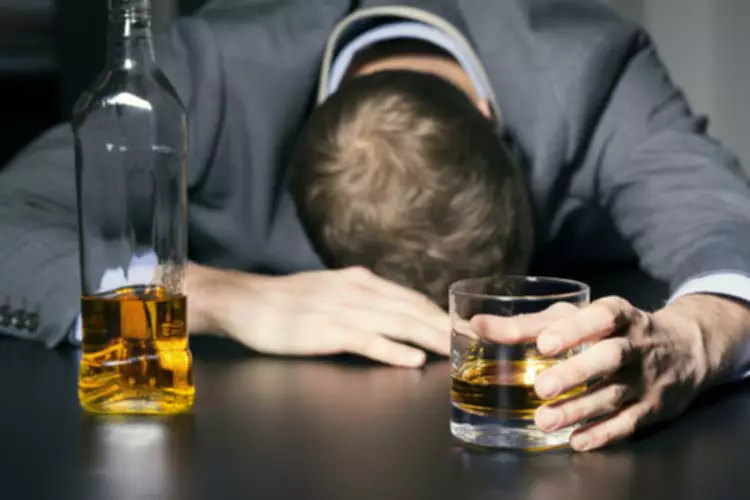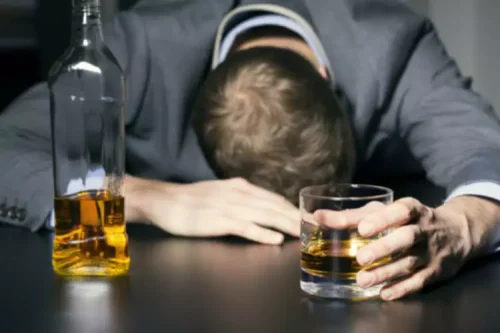
Specifically, it slows areas of your brain that are responsible for basic life functions. This includes breathing, heart rate, body temperature, and gag reflex, which prevents you from choking. If you’re with someone who might have drunk too much, call 911 right away. If you or your friend are under the legal drinking age, you might be worried about the legal consequences.
Binge drinking and high intensity drinking
These medicines may not work well together with other medicines you take. But some people are more likely to have hangovers than others are. A difference in a gene that affects the way the body breaks down alcohol may make some people flush, sweat or become ill after drinking even a small amount of alcohol.
What is alcohol intoxication?
- Continuing to drink despite clear signs of significant impairments can result in an alcohol overdose.
- Call 911 if someone is displaying any symptoms of alcohol poisoning, which can include slow breathing and passing out.
- For example, someone who weighs 150 pounds has less body mass and blood flowing through their body than someone who’s 250 pounds.
- Long-term treatment for alcohol poisoning is essential for recovery and preventing future incidents.
- By Buddy TBuddy T is a writer and founding member of the Online Al-Anon Outreach Committee with decades of experience writing about alcoholism.
- People may feel euphoric while drinking alcohol because ethanol stimulates the release of dopamine, a feel-good chemical in the brain.
Note that a BAC of 0.08 percent is the legal limit of intoxication in the United States. A person can be arrested for driving with a BAC above this limit. Remember, your friend does not have to have all the symptoms to be at risk. Anyone who cannot be awakened or is unconscious is at risk of dying. A mixed drink or cocktail could have more than one serving of alcohol in it.

Alcohol Poisoning Symptoms and What to Do

It’s caused usually by binge drinking and can lead to death or brain damage. If you see signs of alcohol poisoning, such as throwing up, seizures, slow breathing, or severe confusion, don’t hesitate to call 911. Alcohol poisoning is a serious — and sometimes deadly — result of drinking large amounts of alcohol in a short period of time. No matter where you fall on this spectrum, everyone is at risk of alcohol’s dangers. These symptoms are the body’s response to the overwhelming levels of alcohol in the bloodstream, which alcohol overdose can inhibit the brain’s ability to control essential life-sustaining processes.

Stages of alcohol poisoning
More research is needed to find the exact cause of wine headache. Alcohol use disorder can include periods of being drunk (alcohol intoxication) and symptoms of withdrawal. Understanding what makes someone addicted to alcohol can be the first step in helping a person seek treatment. Depending on how bad their alcohol misuse has been or if medically-assisted alcohol detox will be needed for withdrawal symptoms, entering a treatment center may be a necessary option. Professional medical staff can assist in the difficult process of withdrawal, making the transition into sobriety less daunting.
- Many people consume alcohol because it has a relaxing effect, and drinking can be a healthy social experience.
- However, when a person consumes food first, this can soften the blow to the digestive system and decrease the chance of alcohol overdose.
- You may be given fluids, which may be given into your veins with a drip.
- Your doctor can diagnose alcohol poisoning based on your symptoms.